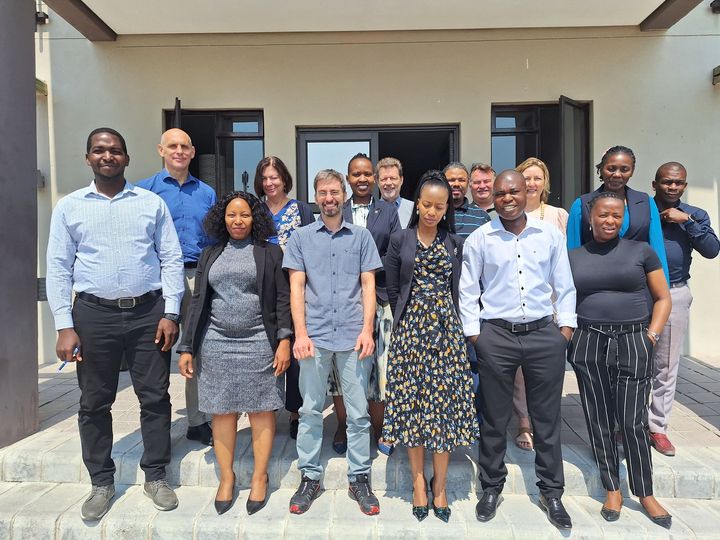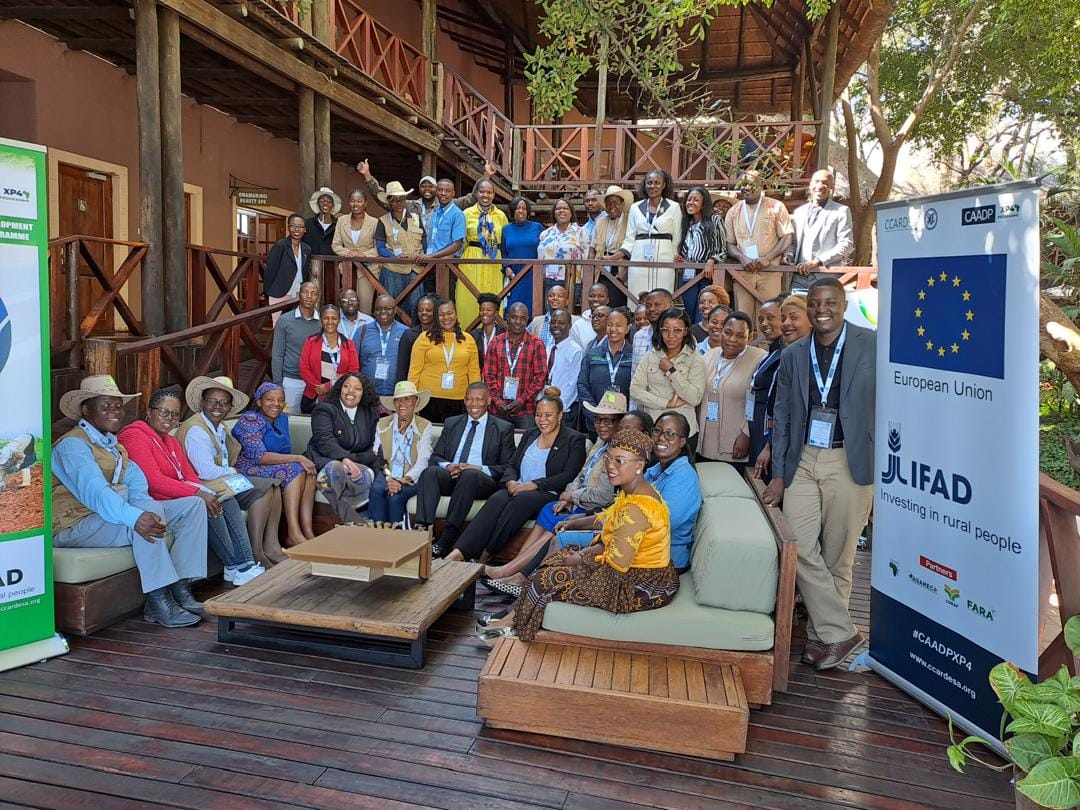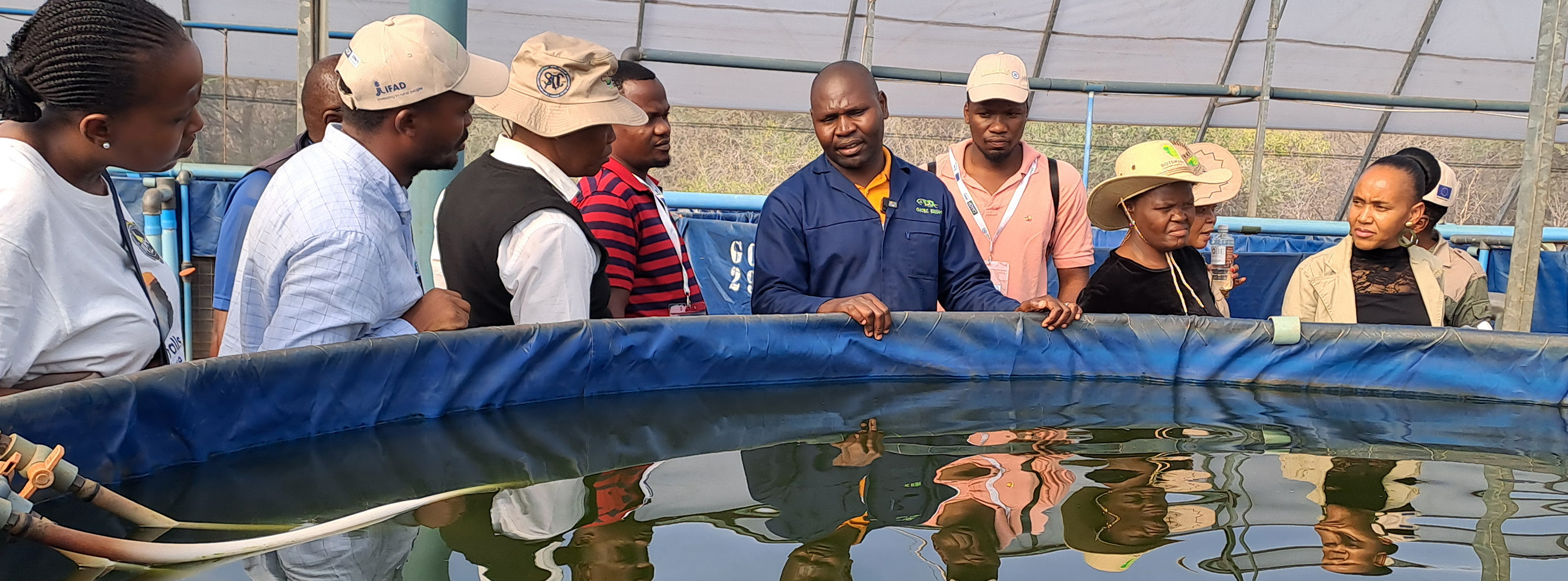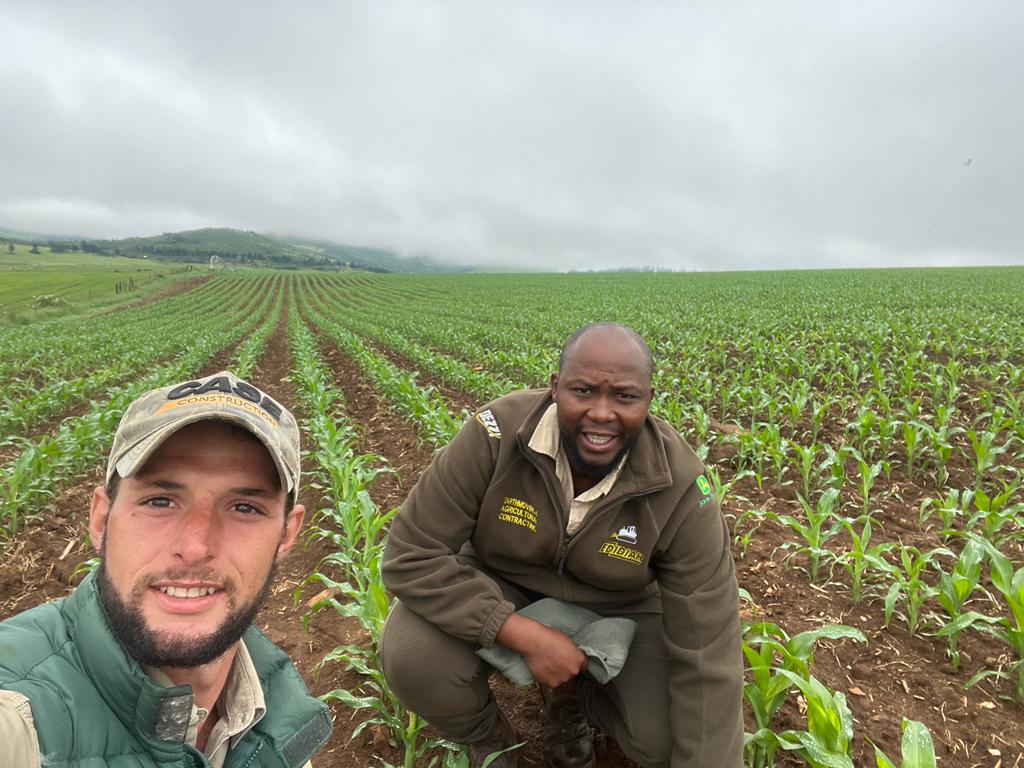Climate Change Elements of the SADC Regional Agricultural Policy (RAP)
This presentation made during the tackling climate change in agriculture training in Zimbabwe, talks about climate change elements and interventions in the RAP.
CSA,
SADC,
Regional Agricultural Policy,
RAP
CCARDESA, (2017). Climate Change Elements of the SADC Regional Agricultural Policy (RAP). p.13.











